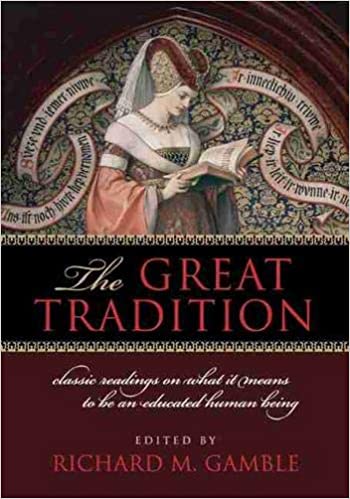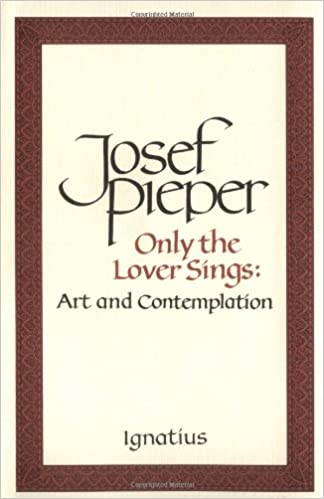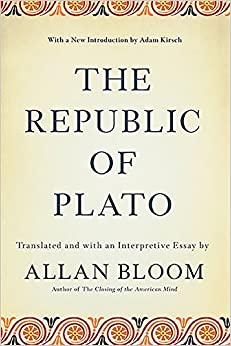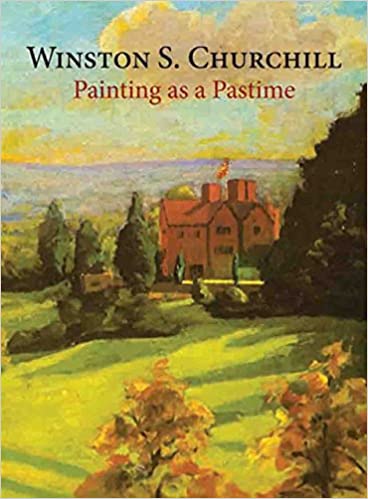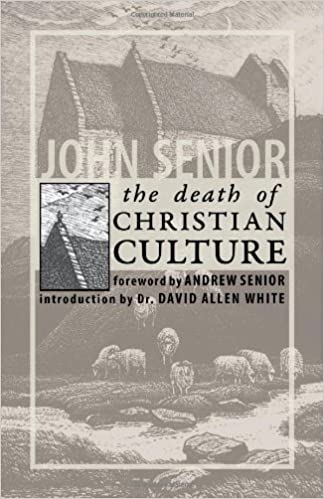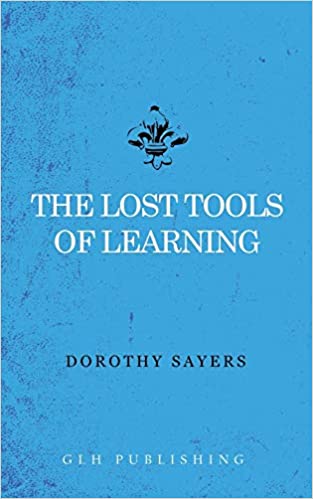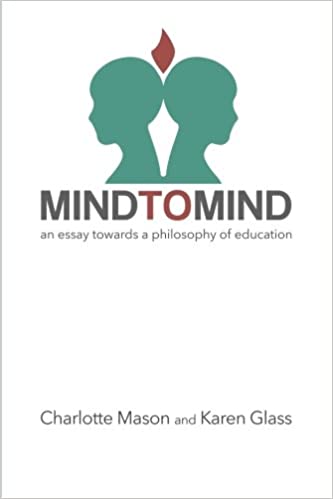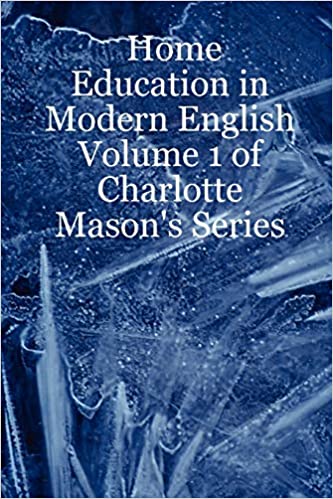Range: Why Generalists Triumph in a Specialized World
Plenty of experts argue that anyone who wants to develop a skill, play an instrument, or lead their field should start early, focus intensely, and rack up as many hours of deliberate practice as possible. If you dabble or delay, you’ll never catch up to the people who got a head start. But a closer look at research on the world’s top performers, from professional athletes to Nobel laureates, shows that early specialization is the exception, not the rule.
David Epstein examined the world’s most successful athletes, artists, musicians, inventors, forecasters and scientists. He discovered that in most fields—especially those that are complex and unpredictable—generalists, not specialists, are primed to excel. Generalists often find their path late, and they juggle many interests rather than focusing on one. They’re also more creative, more agile, and able to make connections their more specialized peers can’t see.
Provocative, rigorous, and engrossing, Range makes a compelling case for actively cultivating inefficiency. Failing a test is the best way to learn. Frequent quitters end up with the most fulfilling careers. The most impactful inventors cross domains rather than deepening their knowledge in a single area. As experts silo themselves further while computers master more of the skills once reserved for highly focused humans, people who think broadly and embrace diverse experiences and perspectives will increasingly thrive.
More info →God in the Dock: Essays on Theology and Ethics
God in the Dock contains forty-eight essays and twelve letters written by Lewis between 1940 and 1963. Ranging from popular newspaper articles to learned defenses of the faith, these pieces cover topics as varied as the logic of theism, good and evil, miracles, the role of women in the church, and ethics and politics. Many represent Lewis's first ventures into themes he would later treat in full-length books.
More info →The Great Tradition: Classic Readings on What It Means to Be an Educated Human Being
Frustrated with the continuing educational crisis of our time, concerned parents, teachers, and students sense that true reform requires more than innovative classroom technology, standardized tests, or skills training. An older tradition—the Great Tradition—of education in the West is waiting to be heard. Since antiquity, the Great Tradition has defined education first and foremost as the hard work of rightly ordering the human soul, helping it to love what it ought to love, and helping it to know itself and its maker. In the classical and Christian tradition, the formation of the soul in wisdom, virtue, and eloquence took precedence over all else, including instrumental training aimed at the inculcation of "useful" knowledge.
Edited by historian Richard Gamble, this anthology reconstructs a centuries-long conversation about the goals, conditions, and ultimate value of true education. Spanning more than two millennia, from the ancient Greeks to contemporary writers, it includes substantial excerpts from more than sixty seminal writings on education. Represented here are the wisdom and insight of such figures as Xenophon, Plato, Aristotle, Seneca, Cicero, Basil, Augustine, Hugh of St. Victor, Bonaventure, Thomas Aquinas, Martin Luther, John Calvin, Erasmus, Edmund Burke, John Henry Newman, Thomas Arnold, Albert Jay Nock, Dorothy Sayers, C. S. Lewis, and Eric Voegelin.
More info →Orthodoxy
Orthodoxy (1908) is a book by G. K. Chesterton that has become a classic of Christian apologetics. Chesterton considered this book a companion to his other work, Heretics.
In the book's preface Chesterton states the purpose is to "attempt an explanation, not of whether the Christian faith can be believed, but of how he personally has come to believe it." In it, Chesterton presents an original view of Christian religion. He sees it as the answer to natural human needs, the "answer to a riddle" in his own words, and not simply as an arbitrary truth received from somewhere outside the boundaries of human experience.
More info →Only the Lover Sings: Art and Contemplation
The popular and highly regarded Pieper speaks of the necessity for human persons to be able to contemplate and appreciate beauty to develop their full humanity. Pieper expresses succinctly that the foundation of the human person in society is leisure, free time in which one can contemplate, be receptive to being and its beauty.
More info →Leisure: The Basis of Culture
One of the most important philosophy titles published in the twentieth century, Josef Pieper's Leisure, the Basis of Culture is more significant, even more crucial, today than it was when it first appeared more than fifty years ago. This edition also includes his work The Philosophical Act. Leisure is an attitude of the mind and a condition of the soul that fosters a capacity to perceive the reality of the world. Pieper shows that the Greeks and medieval Europeans, understood the great value and importance of leisure. He also points out that religion can be born only in leisure -- a leisure that allows time for the contemplation of the nature of God. Leisure has been, and always will be, the first foundation of any culture. Pieper maintains that our bourgeois world of total labor has vanquished leisure, and issues a startling warning: Unless we regain the art of silence and insight, the ability for non-activity, unless we substitute true leisure for our hectic amusements, we will destroy our culture -- and ourselves.
More info →The Republic of Plato
The definitive translation of Plato's Republic, the most influential text in the history of Western philosophy
Long regarded as the most accurate rendering of Plato's Republic that has yet been published, this widely acclaimed translation by Allan Bloom was the first to take a strictly literal approach. In addition to the annotated text, there is also a rich and valuable essay -- as well as indices -- which will enable readers to better understand the heart of Plato's intention.
More info →Painting As a Pastime
The perfect antidote to his 'Black Dog', a depression that blighted his working life, Churchill took to painting with gusto. Picking up a paintbrush for the first time at the age of forty, Winston Churchill found in painting a passion that was to remain his constant companion. This glorious essay exudes his compulsion for a hobby that allowed him peace during his dark days, and richly rewarded a nation with a treasure trove of work.
More info →The Death of Christian Culture
First published in 1978, this hard-hitting exposition discusses the root causes of how and why Christian culture is dying. It investigates literature, culture, history, and religion in an attempt to show that education is increasingly about bureaucratic training and less about scholarly truth. A warning that cultural and artistic treasures of classical and Christian civilizations must be preserved, this provocative analysis diagnoses a cultural and societal malaise facing modern Western societies.
More info →The Lost Tools of Learning
This book was originally given as a talk by Dorothy Sayers at Oxford University in 1947 on the benefits of a classical education for children. It is great brief introduction to the advantages of a classical education.
More info →Mind to Mind: An Essay Towards a Philosophy of Education
This is Charlotte Mason as you have not seen her before: Mind to Mind is her well-seasoned final work, originally titled An Essay Towards a Philosophy of Education. Divested of outdated material, the essential philosophy is brought into sharp relief. Ms. Mason wrote, “The message for our age is, Believe in mind, and let education go straight as a bolt to the mind of the pupil.” Our generation needs to hear that message more acutely than ever. Karen Glass, with deep respect for the original, has preserved the essentials in Ms. Mason’s own words, while delivering the material in a format that speaks to today’s readers. This book is an abridgment in the literal Latin sense of “to shorten.” What has been shortened is not merely the length of the original volume, but the path between the modern reader and the mind of Charlotte Mason.
In this book, Charlotte Mason presents the vital principles that underlie her methods, and with the confidence of many decades of practice behind her, recommends those methods to a wider audience. She wanted to reform and regenerate the educational practices of Great Britain in the early 20th century, but 21st century readers will find her ideas just as potent, just as penetrating, and even more refreshing than they were when they were originally penned. Her first principle is "Children are born persons": not machines, not animals, not accidental conglomerations of cells, but persons, with all the magnificent possibilities that personhood implies. The education we should offer a person is the education Charlotte Mason offers to us.
More info →Home Education in Modern English: Volume 1 of Charlotte Mason’s Series
Volume 1 of Charlotte Mason's Original Homeschool Series paraphrased sentence by sentence into plain English by Leslie Laurio. This is a good place for parents of very young children to begin, since Charlotte Mason details ways to prepare children up to age 9 for a CM education. If you prefer to print or read this book online for free, the complete text is also available at http://www.amblesideonline.org/CM/ModernEnglish.html
More info →


